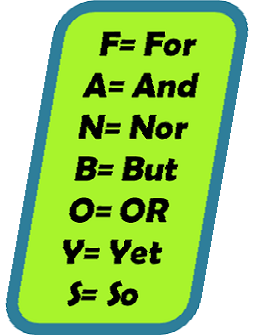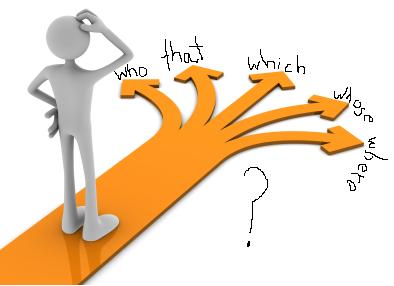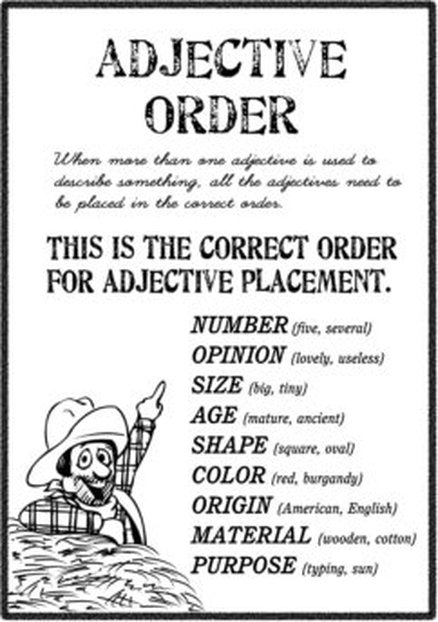ELA / Grammar
If link does not work, then right click and open in a new window.
http://classroom.jc-schools.net/basic/la-grammar.html
http://www.henryanker.com/4th_Activities.html
http://interactivesites.weebly.com
http://www.ixl.com/ela/grade-4
Proofreading sentences
http://www.harcourtschool.com/activity/language_arts/pmp/interactive_guide/g05/g05home.htm
Frequently Confused Words
http://www.funbrain.com/whichword/index.html?Grade=4
https://www.youtube.com/watch?feature=player_embedded&v=AE-HvYlUBD8
http://www.learninggamesforkids.com/vocabulary-games/homophones-games/homophones-word-o-rama.html
ELA - Parts of speech games
http://www.sheppardsoftware.com/web_games_vocab.htm
More games
http://www.abcya.com/fourth_grade_computers.htm
Compound Sentences / Conjunctions
A conjunction is a word that "joins" ideas together.
A conjunction joins two parts of a sentence, two nouns or two verbs together.


Practice
http://www.studyzone.org/testprep/ela4/o/compoundl.cfm
http://www.quia.com/pop/37751.html?AP_rand=541174558
http://www.quia.com/rr/60219.html?AP_rand=1759684953
Videos
https://www.youtube.com/watch?feature=player_embedded&v=4AyjKgz9tKg
Capitalization
http://www.softschools.com/quizzes/grammar/capitalization/quiz288.html
Capitalization practice sheets.pdf
Prepositions/Prepositional Phrases
Chart
http://www2.actden.com/writ_den/tips/sentence/preposit.htm
Games
http://www.turtlediary.com/kids-games/ela-topics/prepositions-games.html
Fling the Teacher game
http://www.harcourtschool.com/activity/preposition_desert/index_pre.html
http://ethemes.missouri.edu/themes/1665
http://www.teachingideas.co.uk/english/prepositions/
http://aliscot.com/bigdog/prep_exercise.htm
Hangman
http://www.manythings.org/vocabulary/games/k/words.php?f=prepositions
Prepositional Phrases Battleship Game
http://www.quia.com/ba/106541.html
Videos/Songs
http://www.youtube.com/watch?v=owh5U8Z94ew
https://www.youtube.com/watch?v=1KB95CWp7u8
https://www.youtube.com/watch?v=byszemY8Pl8
https://www.youtube.com/watch?v=xyMrLQ4ZI-4
https://www.youtube.com/watch?v=yfExXGMX2JM
Relative Adverbs
http://gotkidsgames.com/hom/relPronounGame.html
Relative Pronouns
Previously, we have learned what pronouns are (he, she, they, etc.). Now, we will look at a different kinds of pronouns.
In 4th grade we are learning about a different type of pronoun.....relative pronouns.

Relative pronouns, such as 'whom' and 'who,' are used to refer to people. 'That' and 'whose' are relative pronouns that can be used when referring to things, people, ideas or qualities.
If a pronoun is needed to refer to something other than a person, the pronoun 'which' should be used. For example, consider the sentence, 'Do you know which house Ronnie lives in?' Here, the word 'which' is a relative pronoun that refers to Ronnie's house.
Lessons
https://prezi.com/vcc81sc74qm_/relative-pronouns/
http://learnenglish.britishcouncil.org/en/english-grammar/pronouns/relative-pronouns
Games/actvities
https://www.turtlediary.com/game/relative-pronouns.html
http://gotkidsgames.com/hom/relPronounGame.html
https://www.studyladder.com/games/activity/relative-pronouns-22757
http://www.purposegames.com/game/relative-pronouns-game
Quiz Yourself:http://www.softschools.com/quizzes/grammar/relative_pronouns/quiz932.html
Modal Auxilary helping verbs
http://www.slideshare.net/usoasol/power-point-modal-verbs
Figurative Language
Antonyms
http://wps.ablongman.com/long_licklider_vocabulary_2/6/1629/417045.cw/index.html
Synonyms
http://wps.ablongman.com/long_licklider_vocabulary_2/0,6658,416757-,00.html
Dictionary skills
http://www.studyzone.org/testprep/ela4/h/dictless.cfm
http://www.studyzone.org/testprep/ela4/h/dictless.cfm
All reference materials
http://www.studyzone.org/testprep/ela4/h/refl.cfm
Enclyclopedia
http://www.studyzone.org/testprep/ela4/a/usingsourcespencyc.cfm
Progressive Verb Tenses
Let's talk about the progressive verb tense. Progressive verbs always use "ing".
Here's a quick example of what the progressive tense might look like compared to other verb tenses:
Progressive verb tenses describe ongoing actions in the present, past or future.
Read this for more info: PolarPalsProgressiveVerbs.pdf
Present Progressive Tense
Take this quiz and test your skills.
Check out this website for more information on the Present Progressive Tense
http://grammar.ccc.commnet.edu/grammar/tenses/present_progressive.htm
Past Progressive Tense
Check out this website for more information on the Past Progressive Tense
http://grammar.ccc.commnet.edu/grammar/tenses/past_progressive.htm
Future Progressive Tense
http://grammar.ccc.commnet.edu/grammar/tenses/simple_future.htm
http://a4esl.org/q/f/z/zz79bdo.htm
Quiz 2
http://a4esl.org/q/f/z/zz64fck.htm
Quiz 3
http://a4esl.org/q/f/z/zz62fck.htm
Ordering Adjectives

http://www2.elc.polyu.edu.hk/CILL/exercises/adjectiveorder.htm
You can try this one too:
http://www.englishexercises.org/makeagame/viewgame.asp?id=6877
Greek/Latin Roots & Affixes (these are our bi-weekly vocabulary words)
https://www.youtube.com/watch?feature=player_embedded&v=3ihQywgXAvw

